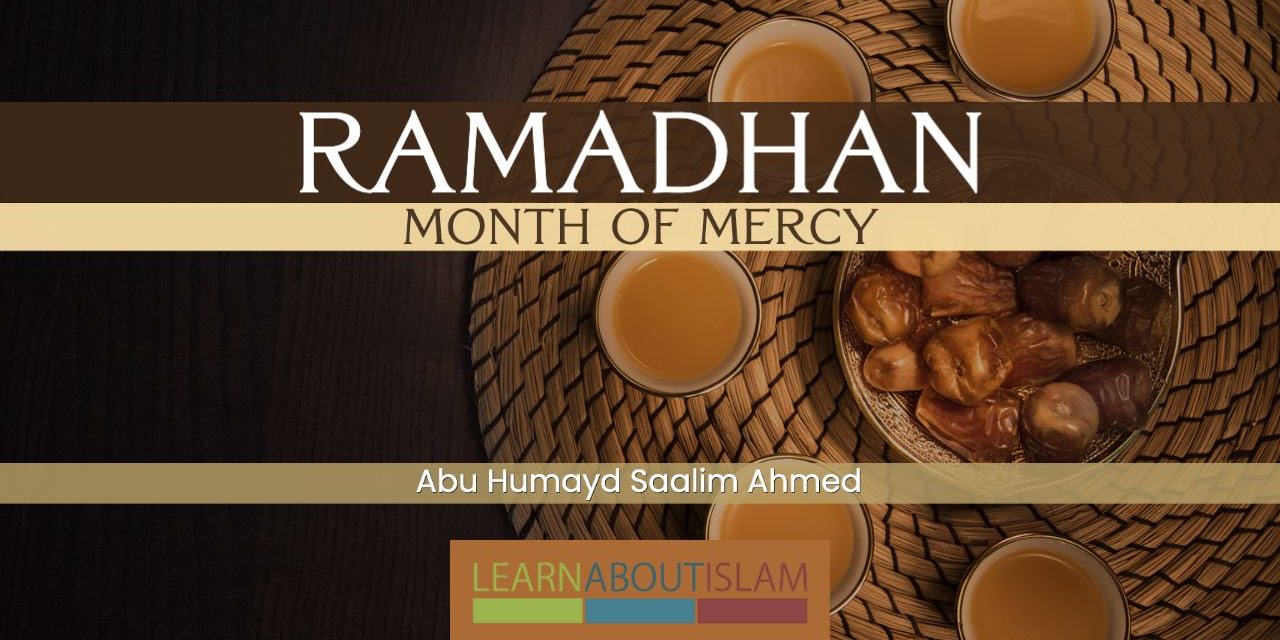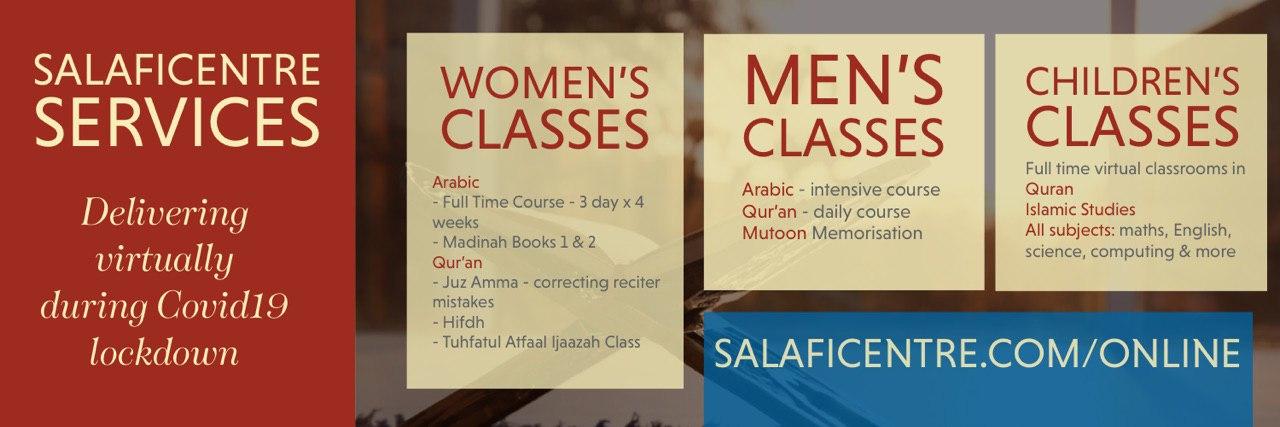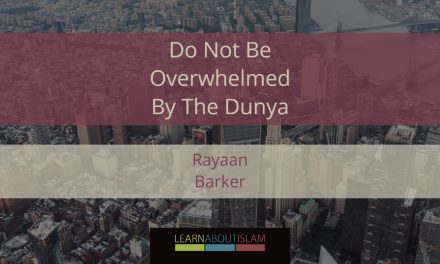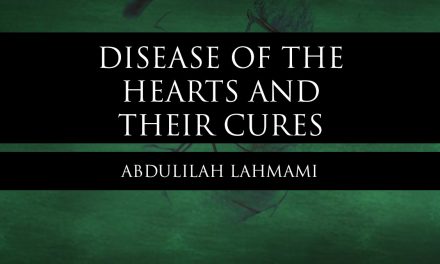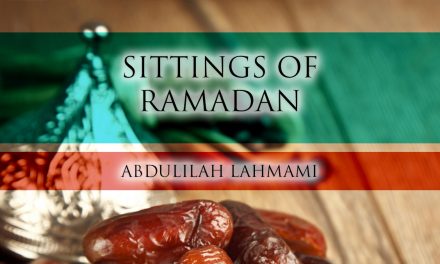Lesson Two
This is the second lesson in the Ramadan series. In this lesson Ustadh Abu Humayd discusses the great virtues of reaching the month of Ramadan. In particular;
-A hadith which discusses who is better, the one who strove in the way of Allaah and died as a martyr or the one who reaches an extra Ramadan than the first individual.
-A hadith which mentions some actions that can enter a person into Jannah, irregardless of whether they fought in the way of Allaah or they remained in the land they were born in.
-How sins can be wiped away during Ramadan. Is it enough to simply just fast from food and drink with no consciousness of what you are doing? Which sins are wiped away, major or minor?
-An explanation of the meaning of the statement of Allaah Azza wa Jal “Every action of the son of Adam is for himself, except for fasting. For indeed it is for Me and I shall reward him for that”
Lesson Three
In the third lesson in this Ramadan series, Ustadh Abu Humayd discusses the obligation of fasting of Ramadan and how it is known from the religion through the Quran, Sunnah and Ijmaa (consensus) as well as it being known from the religion by necessity.
He went on to mention some common issues discussed regarding the nullifiers of the fast, from them:
-Sexual intercourse and what is required from the one who falls into this.
-Ejaculation, from other than intercourse and what is required from the one who falls into this.
-Purposefully eating or drinking
-Snorting water
-Blood transfusions and taking nutrients in through the veins
-Inhalers
-Bleeding
-Vomiting.
-Use of Kohl and eye drops
-Use of Siwak
-Use of Toothpaste
-Lying, foul speech, etc.
The different types of people in Ramadan with regards to fasting, some are commanded to fast from the beginning, some are commanded to make it up and some have a choice.
What is the situation for the one who had a legitimate reason not to fast, but that reason leaves during the day, before maghrib. Does he refrain from eating for the rest of the day or can he continue to eat and drink?
Is it more virtuous to fast whilst travelling or break your fast? And the benefits for the one who chooses to fast.
Ustadh also mentions the importance of knowing how to deal with our brothers and sisters from Ahlus Sunnah who choose one way over another in scenarios of apparent contradictions within evidences. And brings statements from the Sahabah regarding this.
For all of this and more, listen to the audio. BaarakAllaahu Feekum.
Lesson Four
Ustadh Abu Humayd began the fourth lesson in the Ramadan series with a reminder and warning to the people not to be from those who turn back to their disobedient lifestyles after Ramadan, forgetting Allaah and thus become from those who forgot themselves.
He then began to take benefits from a book of Shaykh Ibn Uthaymeen based on some of his sittings during Ramadhan. From these benefits are:
• A discussion of the virtues and blessings of Laylatul Qadr and its meaning
• The Shaykh extracts some virtues of this night from Surat Al Qadr and likewise from the Sunnah of the Prophet Alayhis Salaatu Was Salaam.
• When is Laylatul Qadr? Ahaadeeth are mentioned regarding when the Prophet Sallallaahu Alayhi Wa Sallam commanded the companions to seek it out. Although Shaykh Uthaymeen clarifies that Laylatul Qadr is not restricted to a specific night in all years. Rather it moves from year to year.
• The wisdom behind Allaah hiding the knowledge of when Laylatul Qadr is.
• The signs of Laylatul Qadr.
• The actions of the Prophet Sallallaahu Alayhi Wa Sallam in the last 10 nights
• An encouragement upon taking advantage of the last 10 nights in trying to reach Laylatul Qadr.
• A discussion of I’tikaaf, its meaning and some rulings regarding it.
For all of this and more details, listen to the audio, BaarakAllaahu Feekum.
